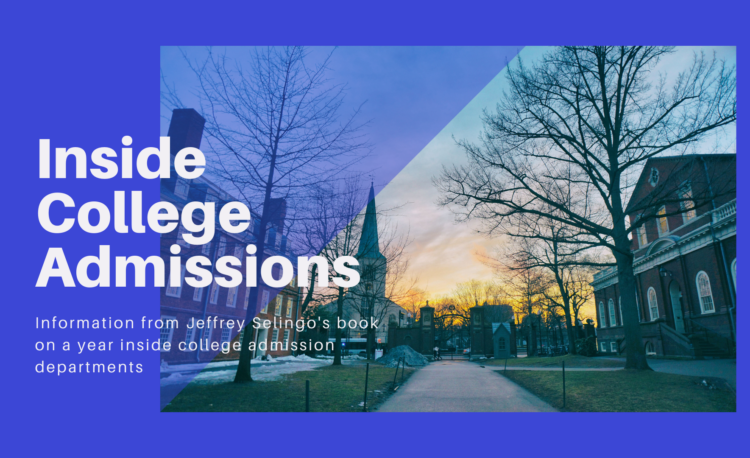Having a comprehensive college application is key to your chances of getting accepted. Your application components—course load, extracurricular activities, letters of recommendation and essays—are evaluated against admissions standards set by each school. Most schools use a rubric to evaluate applications. Standout essays that reveal a lot about an applicant can earn top marks, while those that don’t may receive lower scores.
Table of Contents
Academics
Many colleges weigh academics heavily in their admission decisions. They may look at a student’s SAT or ACT scores and GPA, and they may also consider honor society membership, foreign language awards, science Olympiad wins, debate team accolades, and varsity sports participation. Other considerations include an interview, letters of recommendation, and the applicant’s essay. For example, an outstanding personal statement that reveals something unique about the applicant can earn top marks while a generic essay might receive a middle-of-the-road mark. Some schools also require shortlisted applicants to take additional tests and/or interviews. [29]
The College admissions process is a complex one, and it can be difficult to navigate for high school students. While some admissions criteria might be influenced by political or social pressure (such as the Supreme Court’s ban on legacy admissions, or the increasing popularity of development lists that prioritize students who can pay full tuition), others are likely to remain unchanged. Whether or not you can tip the scales in your favor with these factors depends on how much importance you place on them and how well you negotiate this balancing act.
Extracurriculars
In addition to grades and test scores, extracurricular activities can make a big difference in college admissions. For students interested in applying to top colleges, finding the right mix of activities based on their own interests and passions is key. For example, academic clubs like debate, chess club, model United Nations, and mock trial can highlight commitment to learning outside of the classroom while artistic pursuits like painting, drawing, sculpting, music, and theater can emphasize creative thinking skills and visionary leadership. Many of these activities are also a way for students to connect with the kind of people that colleges want on their campuses – students who bring something unique and valuable to the community.
However, many high school students misunderstand the role of extracurriculars in the application process. They often think that they need to participate in tons of activities, believing that this will demonstrate a wide array of interests and knowledge. Instead, admissions officers look for quality over quantity: a single passion or “spike” is better than a laundry list of disjointed experiences.
Personal Statement
One of the most unique aspects of an application is the personal statement, which allows students to share their story with an admissions committee. At CEG, we define a personal statement as an essay that shows the value you will add to a school’s community and helps them understand what it is about your background or experiences that make you special. The best personal statements focus on anecdotes rather than merely listing accomplishments. Admissions officers want to hear your voice in the writing and will be put off by a tone that sounds like a journal entry. It’s important to be selective with what you choose to write about and tailor your essay to the prompt and/or scholarship requirements.
In addition to describing your history, it is important to show why you want to attend your dream program and how you will achieve your goals there. Remember that this part of the application is just as important as your grades and test scores, so take it seriously.
Letters Of Recommendation
If the school you’re applying to expects recommendation letters, be sure to get them from teachers, counselors, coaches, employers, and mentors who know you well. Ideally, these should complement your other application components and provide the admissions committee with a holistic view of you as a candidate. Experts say that a strong letter of recommendation adds depth to your application by providing important contextual details and backstory. For instance, a teacher may mention that you starred in the school musical and was a varsity basketball player, which provides context to your academic achievements.
Remember, though, that college admissions officers review hundreds of applications and can be overwhelmed by the sheer number of letters they receive. It helps to prepare a brag sheet and anecdotes ahead of time to make it easier for your recommenders to write a compelling letter of support for you. That said, it’s best to choose teachers who know you well and are enthusiastic about writing you a glowing recommendation letter.
Conclusion
College admissions include a student’s application, academic transcripts, letters of recommendation (from teachers, school counselors, club or team coaches, religious leaders, mentors and employers), and sometimes a personal statement and an essay. Students typically file applications for multiple colleges using the Common Application.
